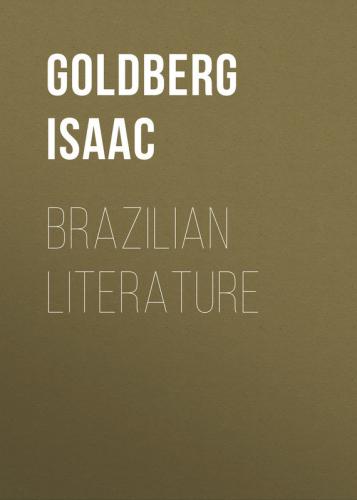as in the phrase Romance Languages, in opposition to the learned Latin known as the
sermo urbanus, or language of the city. Such liberation as Wolf points out, was the work of German criticism. “The Germans avenged themselves for the double servitude, political and literary, with which the French had so long oppressed them, by at last delivering the people from the pseudo-classic fetters.” A service they performed a half-century later, as we have suggested, bringing a new breath to the later pseudo-classicism of the Parnassians. The real contribution of the so-called Romantic movement, then, was one of release from academically organized repression, – repression in form, in thought, in expression, which are but so many aspects of the genetic impulse, and not detachable entities that may be re-arranged at will. The measure of literary repression may be taken as one of the measures of classicism; the measure of release from that repression may be taken as one of the measures of romanticism. To argue in favour of one or the other or to attempt to draw too definite a line between them is a futile implication of the possibility of uniformity and, moreover, is to shift the criteria of art from an esthetic to a moralistic basis. There are really as many “isms” as there are creative individuals; classic and romantic are aspects of all creative endeavour rather than definite and opposing qualities. The observation which I translate herewith from Wolf relates Romanticism to its originally individualistic importance as applied to nations. “The accessory ideas that have been grafted upon that of Romanticism as a result of its decadence,” writes the German critic, “serve only to confuse the etymological and historical truth of this definition. It is for the same reasons that the art of the Middle Ages, proper to modern peoples and opposed to antiquity, has been named Romantic, or rather, Roman. In order to re-establish the continuity of their spontaneous development and to paralyze the modern influence of the humanists, the reformists, classicism and rationalism, these same peoples had to turn back and drink from the ever abundant springs of the Middle Ages, – a brilliant epoch of development which was more in conformity with their genius. This is another reason why the two terms Middle Ages and Romanticism have been confused. But as this poetry and art of the Middle Ages are bigoted, excessively idealistic, taking pleasure in mysticism and the fantastic, these diverse acceptations have been wrongly given to romanticism. Taking the accessory for the central nucleus, modern romanticism has caricatured all this and discredited true romanticism, so that the name in the realms of art has been applied to everything that is subjective, arbitrary, nebulous, capricious and without fixed form.”
66
A new Muse now inspires my song. No more do I grasp the pagan lyre. My soul, imitate nature. Who can surpass her beauty? By day, by night, sing praises to the Lord; chant the wonders of the Creator.
67
Our fatherland is wherever we live a life free of pain and grief; where friendly faces surround us, where we have love; where friendly voices console us in our misfortune and where a few eyes will weep their sorrow over our solitary grave.
